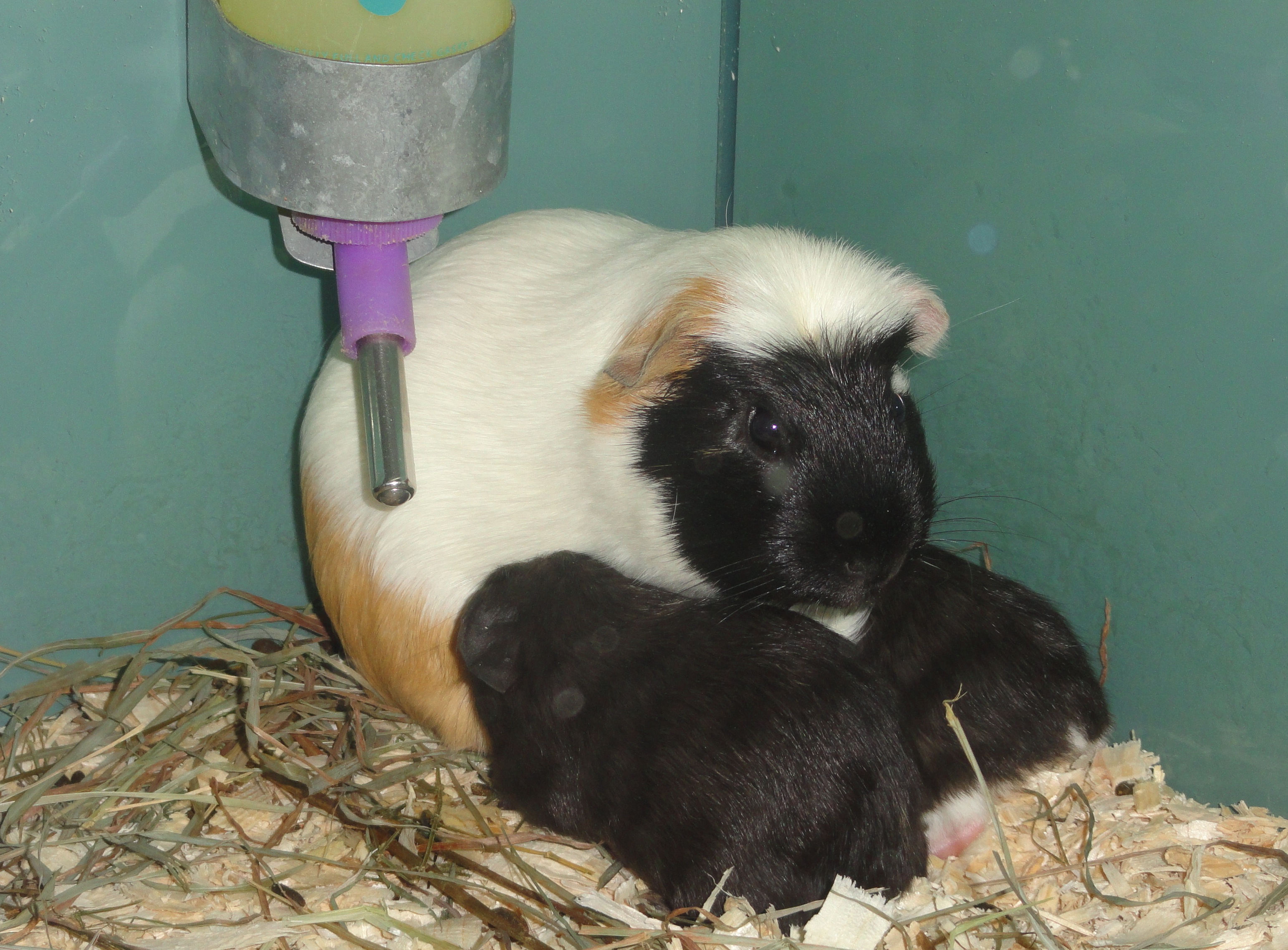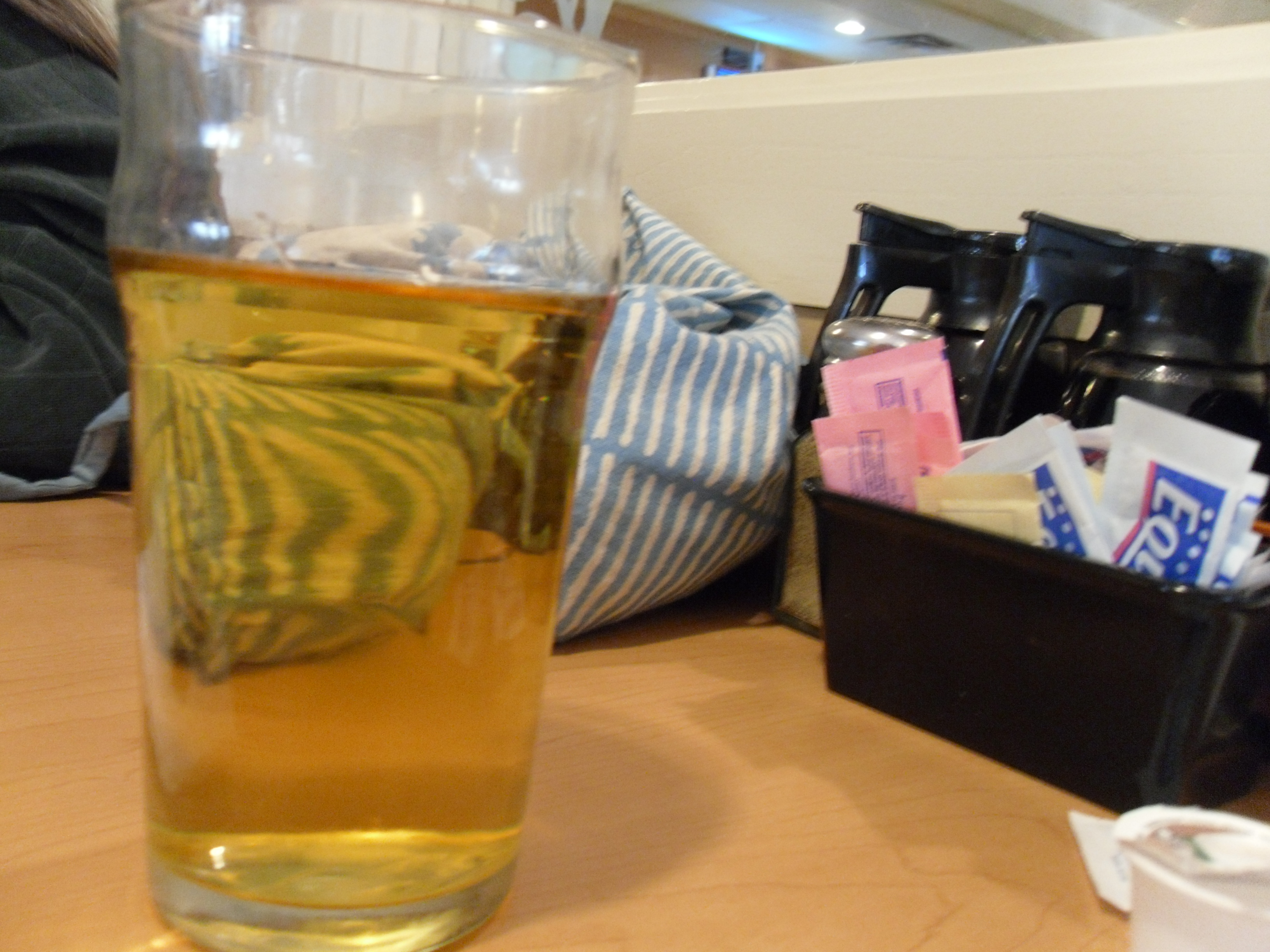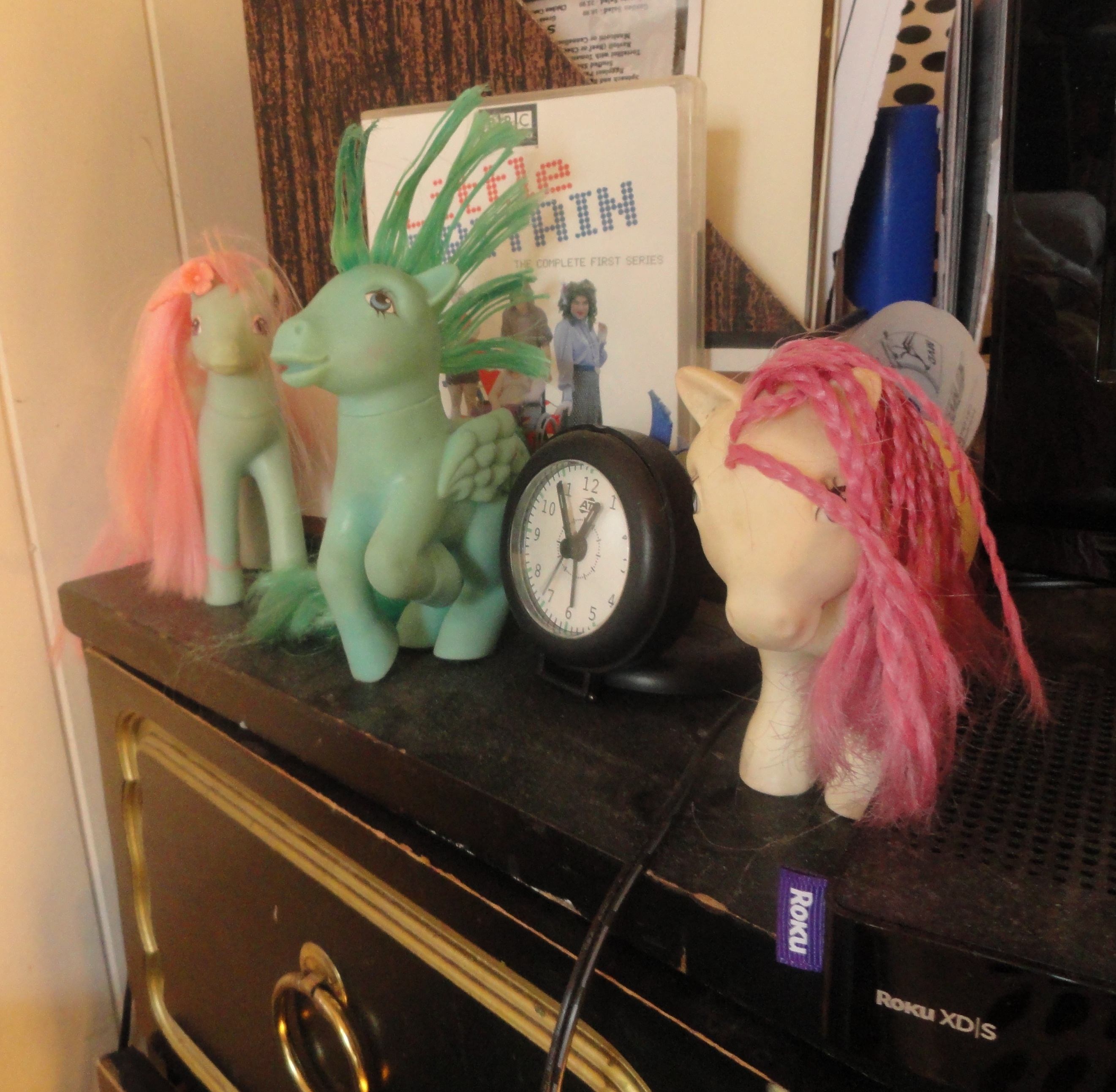
From my point of view and from my experience, if art and music lead a kid-conversation to Italy, and they make this connection at 10:30 at night, I could say say "Go to sleep," or I could get excited with them, and tell them the Ninja Turtles were named after Renaissance artists, and that all the musical terminology we use, and most of early opera, came from Italy. That maybe the Roman Empire died, but Rome was not through being a center for advanced thought. Or however much of that a child cares about. And some of that will work better with an art book out, and maybe a map of the world. Look! Italy looks like a boot for sure, and look how close it is to Greece, and to the Middle East. Look who their neighbors are to the north and west, and how much sea coast they have. Look at their boats.
Maybe the child is seven, though, and Italy isn't on the state's radar before 8th grade geography.
So I don't look at the state's requirements. I look at my child's opportunities. And I think the moment that the light is on in his eyes and he cares about this tiny bit of history he has just put together, that he wants me to say "YES, isn't that cool? I was much older when I figured this out. You're lucky to have great thoughts late at night."
And if he goes to sleep thinking of a camera obscura or the Vatican or gondoliers or a young teenaged Mozart seeing Italy with his dad, meeting people who thought they would remain more famous than Mozart... I think back to the circumstances of my own bedtimes as a child and I want to fill him with pictures and ideas and happy connections before he goes to sleep, if that's what he seems to want. I could be trying to go to sleep and being grouchy and he could be in another room trying to go to sleep and being sad, or we can go on idea-journeys and both go to sleep happy.
Other stories of Late-Night Learning
photo by Sandra Dodd
__


















